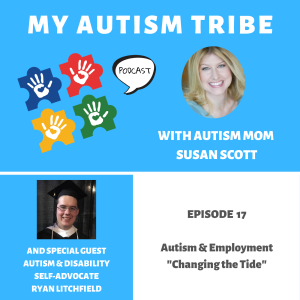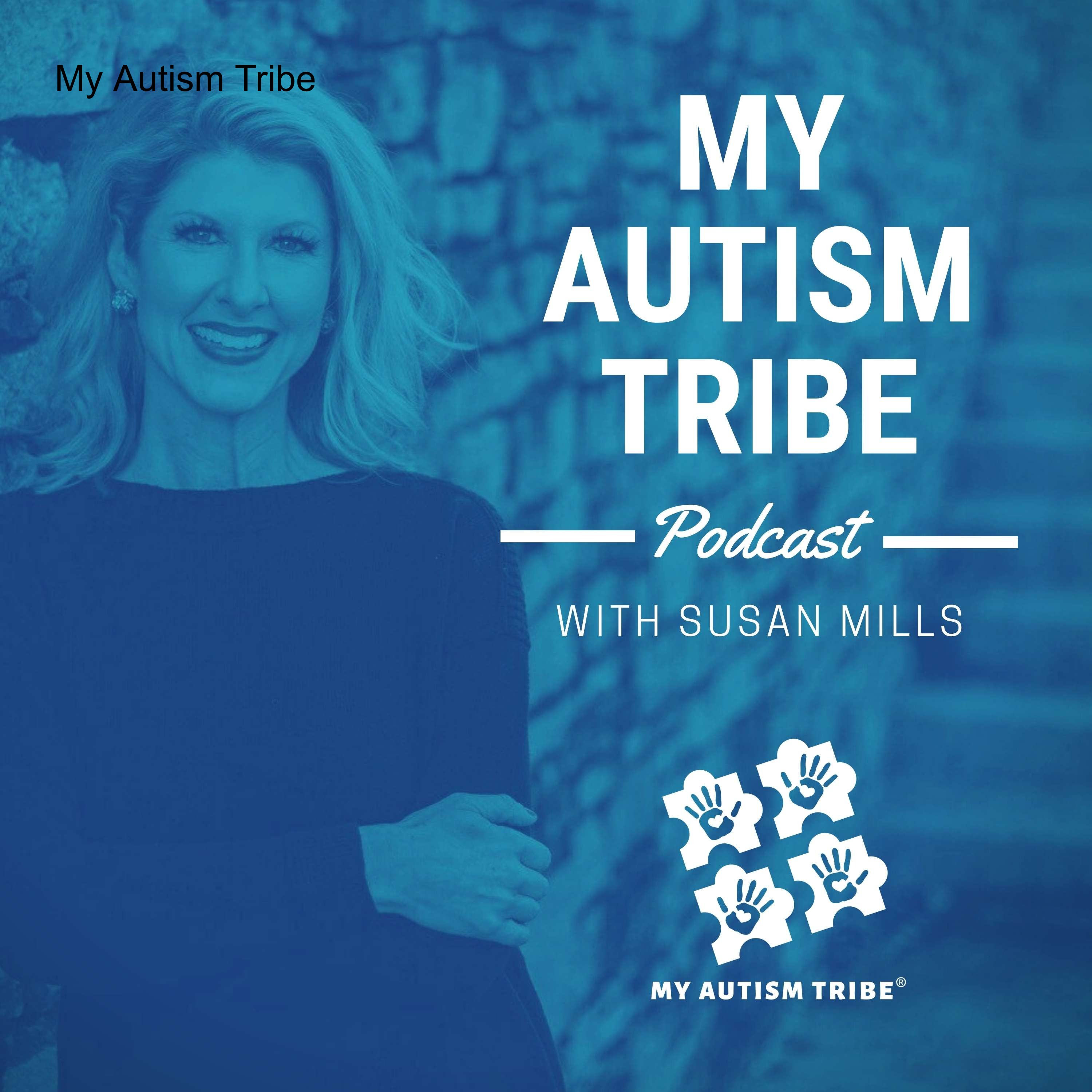Episodes

Tuesday May 14, 2019
Autism & Employment
Tuesday May 14, 2019
Tuesday May 14, 2019
EPISODE 17:
With Autism & Disability Self-Advocate Ryan Litchfield: Educational, Personal, and Professional Experiences in Working with the Autism and Gerontological Communities
INTRO:
For people with autism, it can be tough to find regular, paid employment. Times are changing for the better, however, there is much work to be done for advancement.
Only until fairly recently have Transition-to-Adult Programs been established, and they are in infancy. Some adults with autism have no intellectual disability, but are coping with severe anxiety, and others may have amazing technical skills but experience sensory challenges.
Schools are mandated to provide appropriate transition programs for autistic students, but not all schools are ready or able to do so, and adults services vary by location.
On today’s episode, we’re speaking with Ryan Litchfield; an autism and disability self-advocate with educational, personal, and professional experiences in working with the autism and gerontological communities. He has over 7 years of public speaking on disability and health advocacy across many communities within central Massachusetts, and is passionate in helping individuals with autism to work on and pursue their personal and professional goals.
CONCLUSION:
One of the first big corporations to recruit individuals with autism was Microsoft which started its “Inclusive Hiring for People with Disabilities” program three years ago in the US. Each candidate hired by Microsoft has access to a third-party job coach who helps them transition into the workforce and answers any questions they may have. Their mission is to empower everyone in the organization, and to create a diverse workforce.
If you are an employer, here are some tips:
- Check whether your job description is relevant to the job
- For application forms, it’s not always obvious what information the applicant needs to provide on the application form. It’s important to provide clear guidance on this and to make sure the form includes a space for applicants to highlight any help or adjustments they want at an interview
- During the interview stage, make sure that the questions you ask are clear and unambiguous.
If you’d like additional information, please feel free to reach out to My Autism Tribe, and if you’d like to hear firsthand from someone’s experiences, reach out to Ryan at www.ryansvoice.blog .
Thanks so much for listening to My Autism Tribe, and I’ll see you next week!


No comments yet. Be the first to say something!